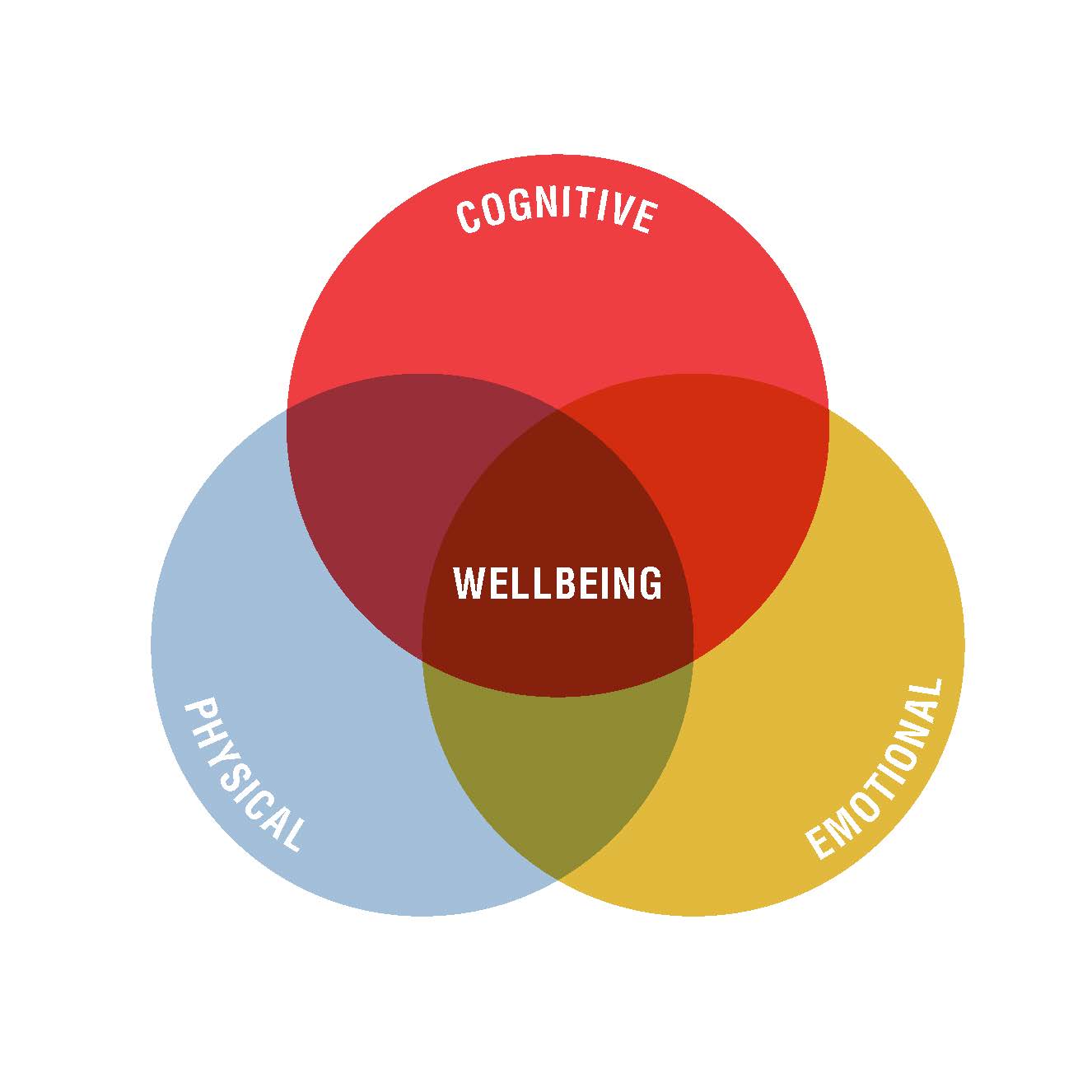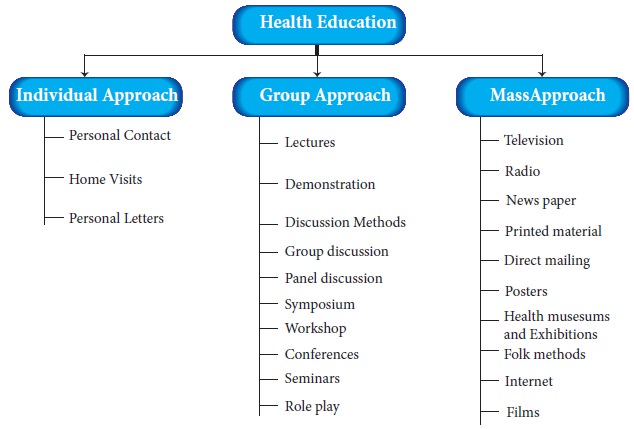Introduction
Welcome to our weekly installment of “Power Up Your Plate: Nutrition Tips for Tuesday Triumphs.” In this article, we’ll delve into a variety of nutrition tips and strategies to help you make the most out of your Tuesdays and set the tone for a successful week ahead. Whether you’re looking to boost your energy levels, improve your overall health, or simply optimize your nutrition, we’ve got you covered.
Fuel Your Body Right
First things first, let’s talk about the importance of fueling your body right on Tuesdays. After a weekend of potential indulgences and perhaps a Monday that’s left you feeling a bit drained, it’s crucial to kickstart your day with a nutritious breakfast. Aim for a balance of protein, healthy fats, and carbohydrates to provide sustained energy and keep you feeling full until your next meal.
Top Tips for Breakfast
When it comes to breakfast, there are plenty of delicious and nutritious options to choose from. Opt for whole-grain toast topped with avocado and a poached egg, or whip up a smoothie with spinach, banana, Greek yogurt, and a scoop of protein powder. Whatever you choose, make sure it’s something that you enjoy and that will set you up for success throughout the day.
Stay Hydrated
In addition to fueling your body with nutritious foods, it’s also essential to stay hydrated. Aim to drink at least eight glasses of water throughout the day, and consider incorporating hydrating foods like fruits and vegetables into your meals and snacks. Herbal teas and infused water are also great options to keep things interesting and add flavor without any added sugars or calories.
Mindful Eating Practices
As you go about your Tuesday, practice mindful eating to fully savor and enjoy your meals. Pay attention to hunger and fullness cues, and try to eat slowly and without distractions. This can help prevent overeating and promote better digestion. Additionally, be mindful of portion sizes and aim to fill your plate with a variety of colorful fruits and vegetables to ensure you’re getting a wide range of nutrients.
Smart Snacking Strategies
When hunger strikes between meals, reach for smart snacks that will keep you satisfied without weighing you down. Opt for nutrient-dense options like nuts, seeds, Greek yogurt, or sliced vegetables with hummus. These snacks provide a good balance of protein, healthy fats, and fiber to keep you feeling full and energized until your next meal.
Balance and Moderation
While it’s important to prioritize nutritious foods, remember that balance and moderation are key. It’s okay to indulge in your favorite treats occasionally, but aim to make the majority of your choices nutrient-rich and wholesome. Listen to your body’s hunger and fullness cues, and enjoy your favorite foods mindfully and in moderation.
Plan Ahead for Success
To set yourself up for success on Tuesdays and beyond, take some time to plan and prepare your meals and snacks in advance. This can help you make healthier choices throughout the day and avoid the temptation of less nutritious options. Consider batch cooking some staples like grains, proteins, and roasted vegetables to mix and match throughout the week, and pack portable snacks to take with you on the go.
Conclusion
By following these nutrition tips for Tuesday triumphs, you can power up your plate and set yourself up for success throughout the week. From fueling your body right with a nutritious breakfast to practicing mindful eating and smart snacking strategies, there are plenty of ways to prioritize your health and well-being. So, here’s to making the most out of your Tuesdays and fueling your body with the nutrients it needs to thrive. Read more about nutrition tip tuesday







